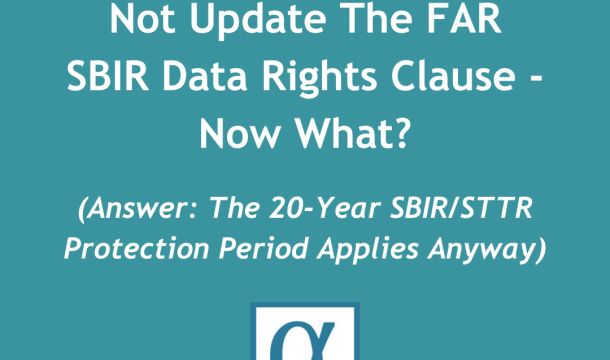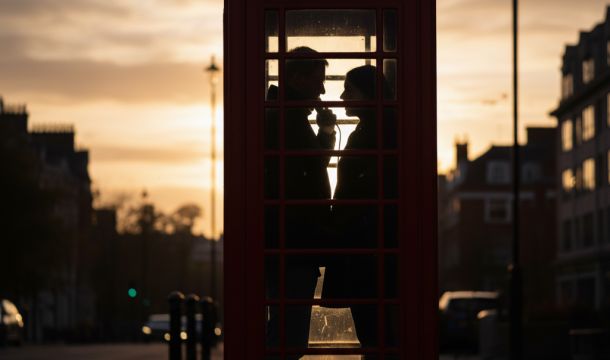The GovCon Bulletin™
Final Buy Indian Rule Expands Contracting Opportunities
Late last week, on April 8, 2022, the U.S. Department of the Interior (DOI) published a Final Rule that revises DOI’s supplemental regulations to the Federal Acquisition Regulation (FAR) in the Department of the Interior Acquisition Regulation (DIAR). The Final Rule, which becomes effective on May 9, 2022, makes a number of changes to DIAR that are intended to expand contracting opportunities for Indian Economic Enterprises (IEE’s) under DOI contracts awarded under the Buy Indian Act (BIA).
Expanded Construction Contract Set-Aside Opportunities
In particular, the Final Rule expands set-aside opportunities for construction contracts. Under the current regulation, the offices and departments reporting to the Assistant Secretary for Indian Affairs (collectively, IA) are authorized to apply the BIA procedures under DIAR to construction contracts only if they are for “covered construction,” which is defined to included construction that is related to certain kinds of road and road facilities. This limitation incorporated the holding of a Supreme Court decision in 1980 that interpreted statutes under the Federal Property and Administrative Services Act of 1949.
In the preamble to the Final Rule, DOI explained that subsequent congressional legislation superseded the language relied on by the Supreme Court in its 1980 decision and that the “covered construction” language was no longer required by law. Consequently, the Final Rule removes the covered construction limitation and all references to the limitation, thus, opening the door to set-asides for any kind of construction contract.
Reduced Construction Subcontract Limitations
The Final Rule also changes current DIAR regulations so that subcontract limitations that apply to IEE’s align with subcontract limitations under other government socio-economic programs. Currently, DOI regulations prohibit IEE’s from subcontracting to non-IEE’s more than 50% of the work under a contract awarded under the BIA.
On the other hand, the subcontract limitations under FAR clause 52.219-14, which is applicable to other socio-economic programs and generally precludes subcontracts of more than 50% of the work to entities that are “not similarly situated,” has higher thresholds for subcontracts under construction contracts.
As amended by the Final Rule, DIAR regulations now simply refer to FAR clause 52.219-14 for subcontracting limitations. Consequently, consistent with the higher thresholds under 52.219-14, IEE’s may now subcontract to non-IEE’s up to 75% of the work under contracts for construction by special trade contractors and up to 85% of the work under contracts for general construction.
Clarified Preferences For IEE’s
The Final Rule also revises DIAR to clarify and simplify preferences that are granted to IEE’s under the BIA. Specifically, under existing regulations each acquisition of supplies, services, and covered construction that is subject to commercial item or simplified acquisition procedures must be set aside exclusively for Indian Small Business Economic Enterprises (ISBEE's). And each proposed procurement for supplies or services with an anticipated dollar value in excess of the simplified acquisition threshold amount in FAR Part 13.003 must be set aside exclusively for IEE's.
Under DIAR, as amended by the Final Rule, a contracting officer will give priority to ISBEE's - either through set-asides or sole source awards - for all purchases, regardless of dollar value. If the contracting officer determines there is no reasonable expectation of obtaining competitive offers, the contracting officer may consider either a set-aside for IEE's or a sole source award to an IEE.
Also, under current regulations, a contracting officer must issue a solicitation as an unrestricted small business set-aside if he or she determines that two or more ISBEE’s would not provide competitive offers under commercial item and simplified acquisitions. For all other acquisitions, a CO must proceed with the acquisition under the usual order of precedence under FAR if he or she determines that there is no reasonable expectation that IA will receive reasonable and fair offers from at least two IEE’s.
Now, under the Final Rule, language requiring solicitations to be issued as unrestricted small business set-asides has been removed, and a contracting officer must follow FAR and DIAR and comply with FAR’s order of precedence for all acquisitions upon determining that there is no reasonable expectation of competitive offers from two or more responsible ISBEE’s or IEE’s.
Streamlined Deviations Process
DOI determined that the existing process for obtaining deviations was burdensome and not fully compliant with the BIA. Consequently, the Final Rule clarifies the deviation process by identifying acquisitions that do not require a deviation and by streamlining the actions taken after a deviation is approved. If a contract follows the requirements of FAR 6.3 or is subject to a previously approved deviation, the contract no longer requires an approved deviation. Any acquisitions made under an authorized deviation from the BIA must follow the FAR and DIAR unless specified otherwise.
Government contractors that may qualify as Indian Economic Enterprises or Indian Small Business Economic Enterprises should examine the changes made to DIAR by the Final Rule to determine how they may impact government contracting opportunities and collaborations.



